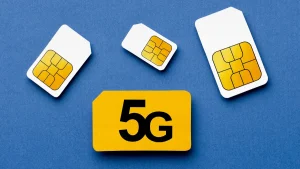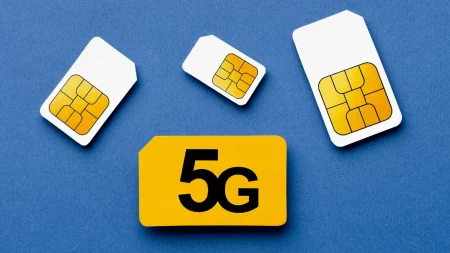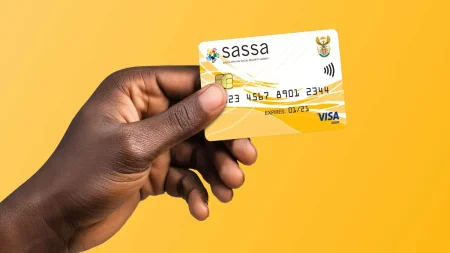In South Africa, many families and individuals face tough financial challenges every day. The Department of Social Development (DSD), together with the South African Social Security Agency (SASSA), plays an important role in helping vulnerable groups by providing social grants. These grants give much-needed financial support to millions of South Africans who cannot fully support themselves, helping to reduce poverty and inequality.
If you or someone you know needs assistance, understanding the types of social grants available is important. Here’s a simple guide to the main social grants offered by the DSD in 2025.
1. Old Age Grant
The Old Age Grant is designed for older people who have reached the qualifying age — currently, 60 years or older for women, and 65 years or older for men. This grant helps elderly people who are no longer able to work by giving them a monthly income to cover basic living expenses like food, clothing, and healthcare.
This grant is vital for many senior citizens who depend on this income for their daily needs. It offers peace of mind and dignity for older South Africans who have worked hard their whole lives.
2. Disability Grant
This grant supports adults who have a disability that stops them from working. If a person has a medically certified permanent or temporary disability, they may qualify for the Disability Grant.
The Disability Grant helps individuals who cannot earn an income because of physical or mental disabilities. Temporary disability grants are also available for people who are expected to recover but need support during that time.
3. Child Support Grant
The Child Support Grant is one of the most important grants for families in need. It is given to primary caregivers of children under 18 years of age. This grant helps low-income families with the cost of raising children, such as buying food, clothes, and school supplies.
Many children in South Africa rely on this grant for a better chance at a healthy, safe childhood.
4. Foster Child Grant
The Foster Child Grant supports caregivers who look after children placed in their care through a court order. These foster parents help raise children who cannot live with their biological parents for various reasons.
This grant helps foster families cover the costs related to the care, upbringing, and education of foster children under 18 years.
5. Care Dependency Grant
This grant is for caregivers of children under 18 who have severe disabilities and need full-time care. Raising a child with disabilities can be expensive and challenging, so this grant helps families manage the extra costs like special food, medicine, or therapy.
The Care Dependency Grant offers vital financial support so that children with special needs can live with their families and get the care they deserve.
6. Grant-in-Aid
Some recipients of the Old Age, Disability, or War Veterans grants may need extra help if they cannot care for themselves due to physical or mental disabilities. The Grant-in-Aid provides additional money to pay for full-time care from another person.
This grant is designed to ensure that those who need regular assistance can afford a caregiver, which helps maintain their quality of life and independence.
7. War Veterans Grant
This grant is available for former soldiers who served in the Second World War or the Korean War and are now elderly or disabled. Many veterans do not have enough income to support themselves, and this grant helps provide financial support in their later years.
Although this grant applies to a small group of people, it honours their service and helps them live with dignity.
8. Social Relief of Distress (SRD) Grant
Introduced during the COVID-19 pandemic, the Social Relief of Distress (SRD) Grant provides temporary financial assistance to individuals or families in urgent need. This might include people who are unemployed, facing disaster, or experiencing sudden hardship.
As of 2025, the SRD Grant continues at R370 per month and is expected to become a more permanent form of basic income support for unemployed South Africans. It’s a lifeline for many who face tough times but don’t qualify for other grants.
Why Are Social Grants Important?
Social grants play a crucial role in South Africa’s fight against poverty and inequality. Millions of people rely on these grants to cover their basic needs—food, clothing, shelter, and healthcare. The grants also help children stay in school and improve their chances of a better future.
For many households, these grants are the difference between surviving and struggling. They provide a safety net that helps vulnerable people live with dignity and hope.
How to Apply for Social Grants
If you think you qualify for any of these grants, it’s important to visit your nearest SASSA office or apply online through the official SASSA website. You will need to provide documents such as your ID, proof of income, medical certificates (for disability), or court orders (for foster grants).
SASSA officers can guide you through the process and help you understand what is needed to qualify.
Check also: Can You Apply for Grant-in-Aid for a Sick Family Member
South Africa’s social grant system is an essential part of the country’s social protection framework. Whether you are elderly, disabled, caring for children, or facing emergency hardship, there is likely a grant that can help you.
If you or someone you know might benefit from social grants, don’t hesitate to find out more and apply. These grants are there to support and uplift the most vulnerable in society, helping to build a fairer and more caring South Africa.










